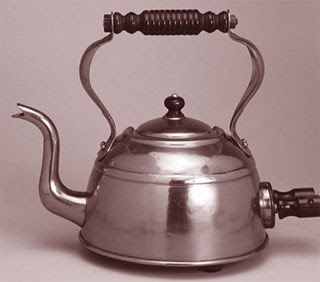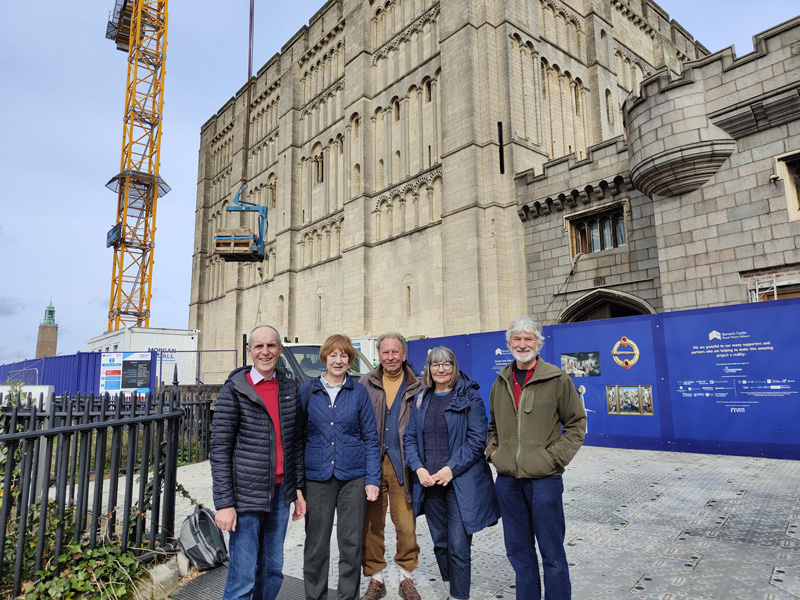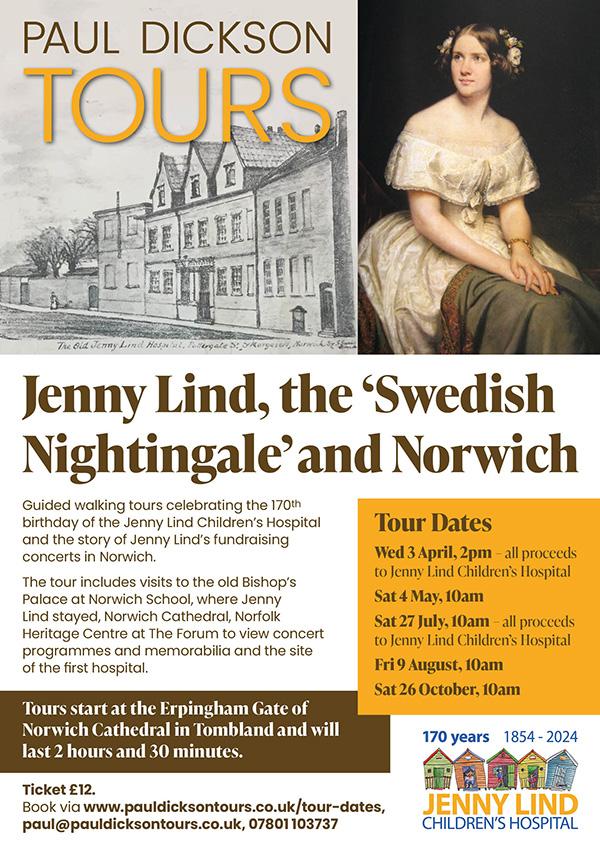The New Year seemed to follow Christmas without a break. Depending on which day of the week these celebrations fall, many businesses close for the whole period. This is because, in many cases, it would be too costly to start up for a couple of days and then close down again.
One way or the other, it gives us all a welcome break and something cheerful to think about in the middle of those dreary winter months. What could be better than planning gifts and celebrations to bring joy and happiness to everyone around you?
If these two festivals did not follow on so closely it would probably mean we would have to send two cards instead of one to our friends and relatives: — Perish the thought! Although there is no doubt the card manufacturers would be delighted.
As we pass on our best wishes for the New Year perhaps we should remember we are also at the beginning of a new decade. To all except the very young, the time seems to have passed very quickly since all the momentous celebrations were being planned for the Millennium.
Could that really have been ten years ago? How many of the good intentions expressed at that time have been put into practice? What have we achieved personally and collectively as a nation? Is the world a safer and better place to live in? Have we improved our Society to help families enjoy happy and satisfying lives?
There has certainly been a great deal of talking and debates about what should be done but there always seems to be someone or something to prevent anything happening. We are all only too aware of the credit crunch, the latest major culprit. However, perhaps some foundations have been laid and the benefits are yet to be seen and of course, there are always those who claim very little can be achieved in just ten years.
Did You Know?
Looking back over the last two hundred years, there have been some decades where progress was very rapid. Many older people will remember 1930 – 1940, when in spite of depression, low wages and unemployment they experienced one of the biggest social advances there had ever been in a period of just ten years. This was especially evident in rural areas. Towards the end of the thirties it was helped by the added effort that was required in preparation for the war.
 In the early 1930’s many of the rows of terraced cottages within the towns were demolished and the overcrowded families moved onto estates of new council houses. Most of those old cottages had only one room and scullery down with a bedroom and box room upstairs. Some had as many as six and even eight occupants. Often the whole street had to share a single pump that was their only water supply and lavatories, that had to be emptied, were outside away from the house.
In the early 1930’s many of the rows of terraced cottages within the towns were demolished and the overcrowded families moved onto estates of new council houses. Most of those old cottages had only one room and scullery down with a bedroom and box room upstairs. Some had as many as six and even eight occupants. Often the whole street had to share a single pump that was their only water supply and lavatories, that had to be emptied, were outside away from the house.
 Many small towns had their own water, sewage, gas works and electrical companies all under the control of their Urban District Council. Every house had four light fittings installed free and were able to pay for more if they wished.
Many small towns had their own water, sewage, gas works and electrical companies all under the control of their Urban District Council. Every house had four light fittings installed free and were able to pay for more if they wished.
 Those who could afford it had a socket that allowed them to have an electric kettle and iron. Shilling slot meters were put in a convenient place. That is, conveniently placed for installation not necessarily for easy access. They were often put on the landing right at the top of the stairs or under the sink or even in a cupboard in the bedroom.
Those who could afford it had a socket that allowed them to have an electric kettle and iron. Shilling slot meters were put in a convenient place. That is, conveniently placed for installation not necessarily for easy access. They were often put on the landing right at the top of the stairs or under the sink or even in a cupboard in the bedroom.
 It didn’t really matter, what was much more important, there was no longer any need to light the oil stove and wait ages for the kettle to boil for that early morning cup of tea. Nor have to walk round the house at night carrying a candle. At this same time, households were having water piped to a tap over a shallow sink in their sculleries and for most, flush toilets followed. The only space that could be found for these was often outside across the yard. In spite of the fact they still had to venture out in the dark and all weathers for the lavatory and the down pipe from the sink to the drain had no ‘S’ bend to prevent smells, everyone appreciated these new advances.
It didn’t really matter, what was much more important, there was no longer any need to light the oil stove and wait ages for the kettle to boil for that early morning cup of tea. Nor have to walk round the house at night carrying a candle. At this same time, households were having water piped to a tap over a shallow sink in their sculleries and for most, flush toilets followed. The only space that could be found for these was often outside across the yard. In spite of the fact they still had to venture out in the dark and all weathers for the lavatory and the down pipe from the sink to the drain had no ‘S’ bend to prevent smells, everyone appreciated these new advances.
 Lots more happened in the thirties. With electricity available to all there was a boom in things like household appliances while giant steps were taken in communications. By the end of the decade most people had access to a wireless and at the same time, motorised vehicles rapidly replaced the horse and cart. Everything was speeded up.
Lots more happened in the thirties. With electricity available to all there was a boom in things like household appliances while giant steps were taken in communications. By the end of the decade most people had access to a wireless and at the same time, motorised vehicles rapidly replaced the horse and cart. Everything was speeded up.
So what progress did we make in the last decade? More important, what is planned for the next ten years that effects us all. A great deal of talking and debates at all levels have taken place recently to try and sort out some of our major problems but what is required is decisive action. Perhaps in the past, when life was lived at a slower pace, it was easier to make changes. The world is much smaller now with an ever increasing population. This is something that is of concern to practically every country in the World and will have to be addressed very soon.
In the meantime we should all be grateful and content with what we have and make the most of every day. If everyone starts to view the glass as half full rather than half empty it will help us to look forward in a much more positive way.
HAPPY NEW YEAR to you all!
valley lad – [SEVENTYSEVEN]










